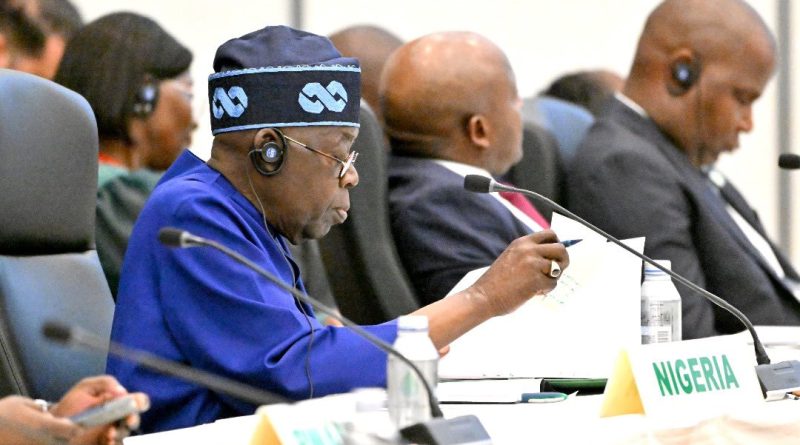Group criticises Tinubu’s pardon to convicts for lack of transparency
A civil society group, Inmates Educational Foundation, on Tuesday, criticised President Bola Tinubu’s recent pardon to convicts for the lack of transparency in the criteria for choosing beneficiaries, and insensitivity to victims.
“The decision-making process behind granting mercy lacks transparency, leaving many to wonder about the criteria used to select beneficiaries,” the executive director of the foundation, Alabidun Mahfuz, said in a press statement.
“The release of offenders who have inflicted significant harm on their victims can be perceived as a miscarriage of justice, potentially worsening the trauma of those affected.”
While the president’s intention may lean towards rehabilitation and reintegration, the group said, “it raises serious concerns about the effectiveness of our justice and correctional systems.”
Mr Mahfuz also noted that the pardon undermined public trust in the justice system. He advised that, rather than measures like the prerogative of mercy, the government should focus on improving reformation programmes in correctional centres.
He recommended programmes that would address the root causes of criminal behaviours and prioritise victim-offender mediation, reparation, and reconciliation.
On Thursday, President Tinubu granted pardon and clemency to 175 convicts and former convicts. This raised widespread criticisms.
The presidency explained that most of the convicts, consisting of illegal miners, white-collar convicts, remorseful drug offenders, and foreigners, received clemency based on reports of remorse and good behaviour.
PREMIUM TIMES reported that among those pardoned was a former federal lawmaker from Kano State, Farouk Lawan, who was jailed for receiving bribes but had served his jail term.
One of those granted clemency is Maryam Sanda, who was sentenced to death in 2020 for killing her husband.
The family of her late husband, Biliyaminu Bello, expressed outrage and disappointment over the presidential pardon granted to her.
READ ALSO: Northern group warns against ethnicising new INEC chairperson’s appointment
However, his father, Ahmed Bello, who disclosed that he had earlier written to the police and attorney general to discontinue her trial, described the development as an answered prayer, stating that he already forgave Ms Sanda.
Other critics of the presidential pardon include former Vice President Atiku Abubakar, who described the clemency, particularly to drug offenders, as a setback to justice.
The Civil Society Legislative Advocacy Centre also described it as an injury to Nigeria’s international reputation.

